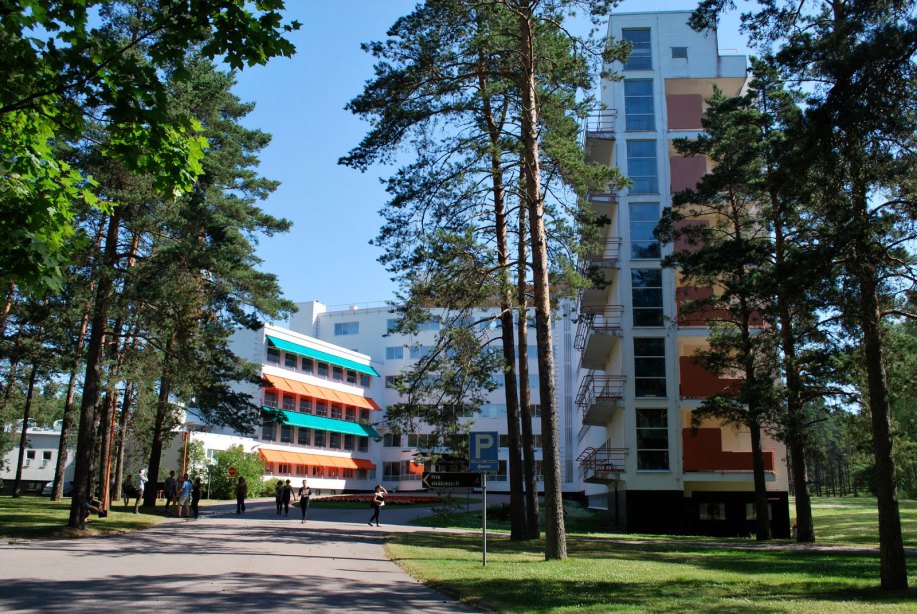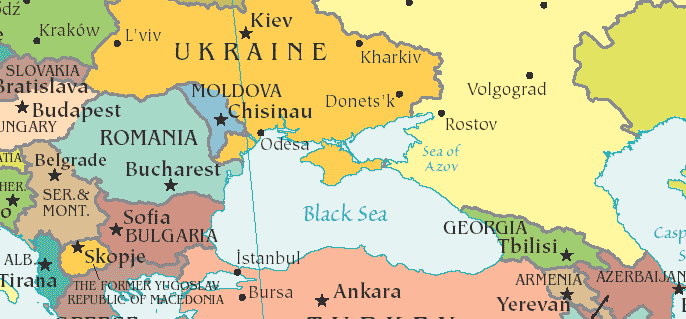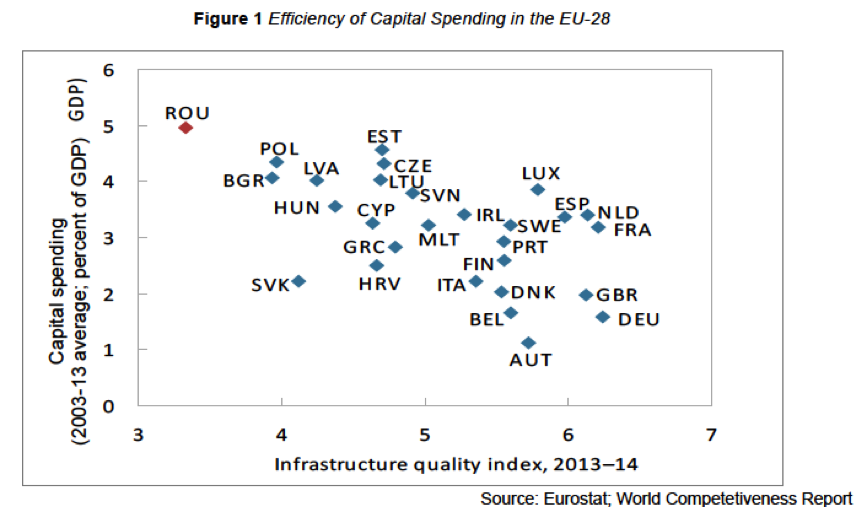PPP projects in Belarus: does it breakthrough in public services
 One of our previous blog posts already discussed the development of public-private partnership in the last two decades, as well as its benefits and potential negative effects in detail. Yuri Krivorotko‘s note will examine why PPPs need in Belarus and what are the main results and shortcomings in establishing the necessary regulatory and financial framework. The author argues that, for Belarusian economy and finance, PPP becomes even more demanded and urgent. Read more…
One of our previous blog posts already discussed the development of public-private partnership in the last two decades, as well as its benefits and potential negative effects in detail. Yuri Krivorotko‘s note will examine why PPPs need in Belarus and what are the main results and shortcomings in establishing the necessary regulatory and financial framework. The author argues that, for Belarusian economy and finance, PPP becomes even more demanded and urgent. Read more…


 A major goal within the 2013 reform of the EU Common Agricultural Policy (CAP) is “greening” of farming activities (that is land use change to environmentally more beneficial farming practices). The CAP provides direct incentives for such activities by means of green subsidies. This note summarise the results of an “auction game” testing the farmer’s motivation for using one of the specific instruments of that greening policy.
A major goal within the 2013 reform of the EU Common Agricultural Policy (CAP) is “greening” of farming activities (that is land use change to environmentally more beneficial farming practices). The CAP provides direct incentives for such activities by means of green subsidies. This note summarise the results of an “auction game” testing the farmer’s motivation for using one of the specific instruments of that greening policy. 
 For a long time the Belarusian authorities characterized their national and subnational budgets with a welfare orientation. This brief note focuses on two questions: (i) what tendencies of social budgetary policy can be observed in the time of economic recession and (ii) how consistent was the welfare orientation of the central and local budgets in practice.
For a long time the Belarusian authorities characterized their national and subnational budgets with a welfare orientation. This brief note focuses on two questions: (i) what tendencies of social budgetary policy can be observed in the time of economic recession and (ii) how consistent was the welfare orientation of the central and local budgets in practice. 










